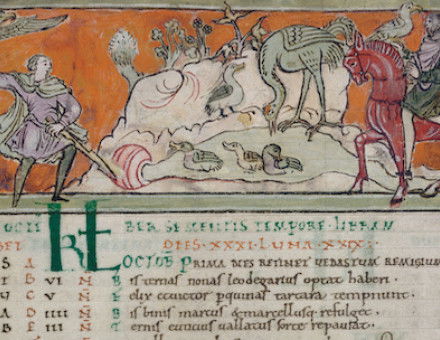Fighting the Afghans in the 19th Century
Bruce Collins considers the mixture of adventurism, disaster, and lethal reprisal that marked British activities in Afghanistan under Victoria
British Intervention in Afghanistan, Victorian style - plus ça change? One of the abiding historical ideas of the nineteenth century is that of Pax Britannica. The ‘long peace’ from 1815 to 1914, with the one interruption of the Crimean War in the mid-1850s, encapsulates the essence of Britain’s relationship with the major continental European powers. But, in fact, for people outside Europe the period witnessed an unremitting series of British military and naval interventions touching every part of the globe. For the most part, British generals and naval commanders ensured that these interventions were successful, or at least appeared victorious. The British experience in Afghanistan was an exception. Here, the first intervention of 1838-42 required considerable stage management to appear to have been even remotely successful, while the intervention in 1878-81 proved expensive even if ultimately it achieved its purpose. On both occasions military defeats were avenged, but the management of Afghan politics remained far more intractable.





